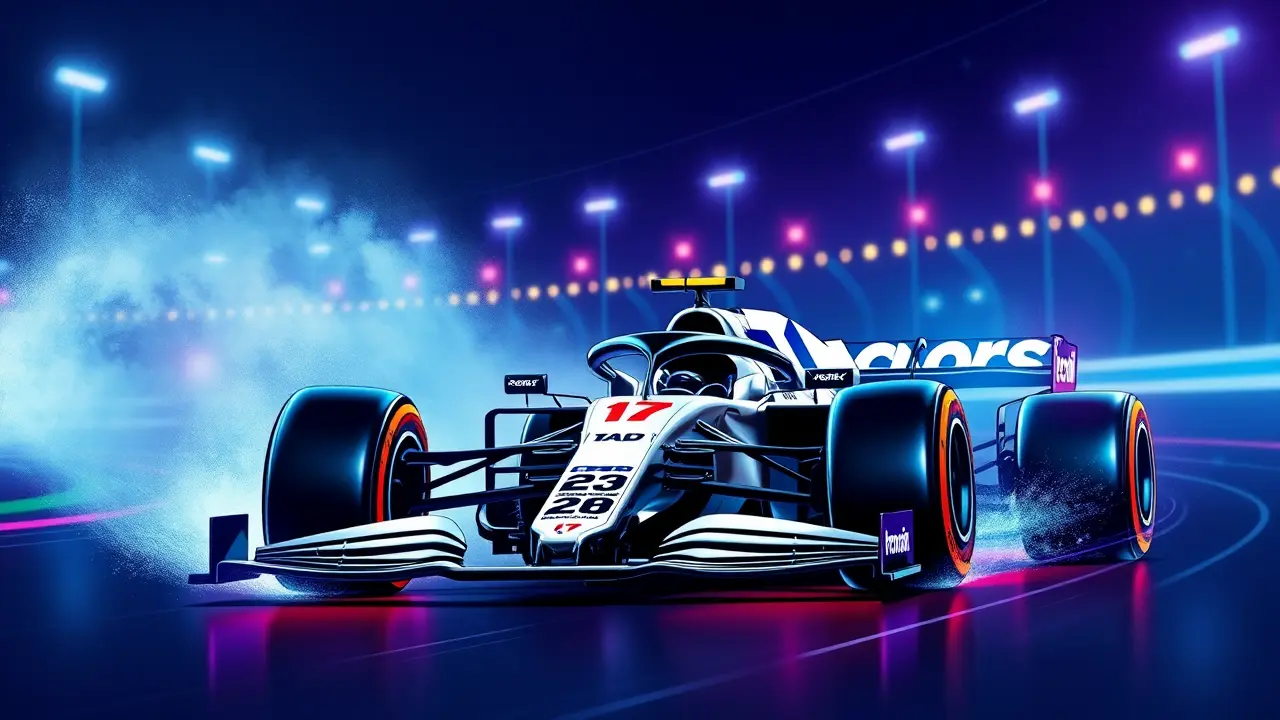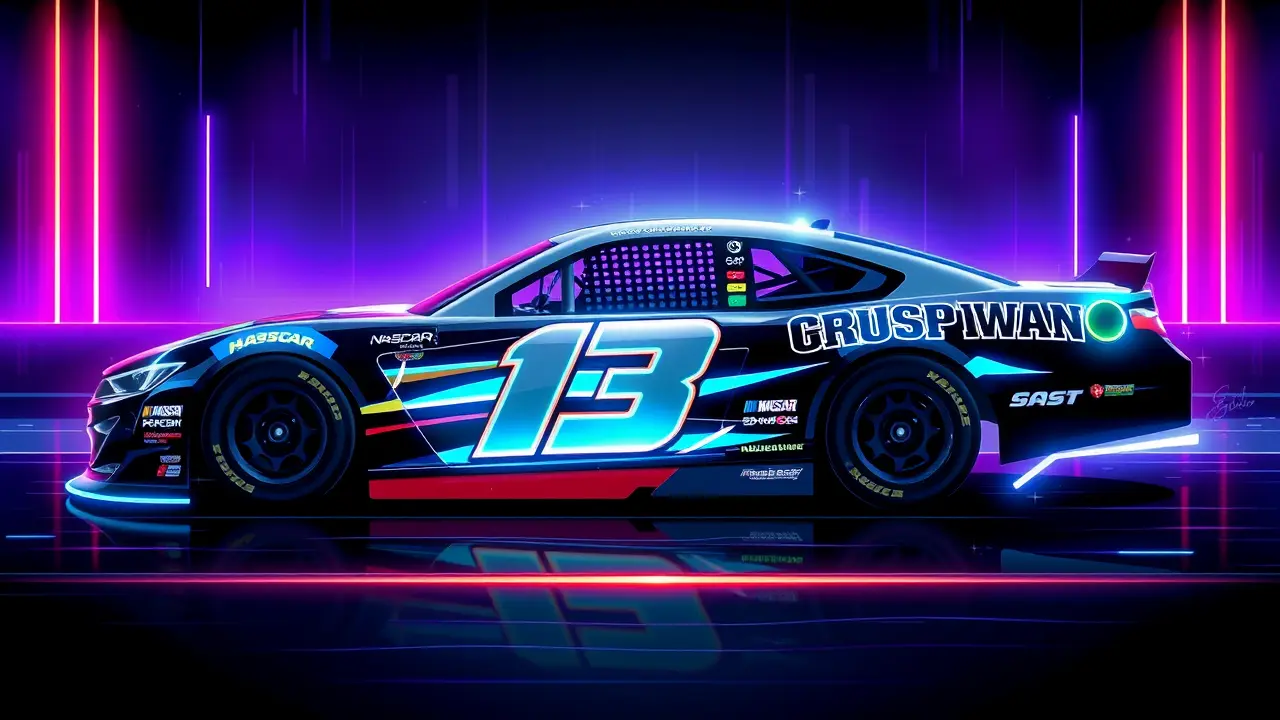
SportmotorsportFormula 1
James Vowles on Williams' goals for the Brazilian Grand Prix weekend.
JA
Jack Turner
1 day ago7 min read
Williams Team Principal James Vowles has laid out a starkly ambitious yet pragmatic roadmap for the team’s final charge in the 2023 Formula 1 season, framing the Brazilian Grand Prix not as a standalone event but as a critical pivot point in the squad’s long-term resurgence. Speaking with the analytical precision of a tactician dissecting a championship-deciding match, Vowles acknowledged the unique challenge presented by Interlagos, a circuit known for its volatile weather and demanding, undulating layout that often produces races of chaotic, strategic brilliance.His primary objective for the Sprint weekend is to execute with what he terms 'maximum integrity'—a holistic approach where every practice session, qualifying lap, and sprint shootout is a building block towards securing precious championship points, even in the face of the predicted capricious São Paulo conditions that could see teams scrambling between dry and wet setups in a high-stakes gamble. This focus on consistency and point-scoring opportunism is the hallmark of a team that, while not yet fighting for victories, is deeply embroiled in a ferocious midfield battle where every point is as valuable as a podium finish was in their legendary championship-winning eras with drivers like Alan Jones and Nigel Mansell.Vowles, drawing a parallel to the methodical rebuild of a great football club, then turned his gaze to the season's climax, offering a fascinating comparative analysis of the upcoming circuits. He pinpointed the Las Vegas Grand Prix, with its long, power-hungry straights, as a track that should theoretically play to the inherent strengths of the Williams FW45, a car that has often shown competitive straight-line speed, reminiscent of their historical prowess on low-drag circuits like Monza.In contrast, he was candid about the anticipated struggles at the Losail International Circuit in Qatar, where high-speed, sweeping corners and extreme thermal degradation will test the car’s core aerodynamic weaknesses. Yet, in a display of the forward-thinking mindset he was hired to instil, Vowles reframed this expected difficulty not as a failure but as an 'invaluable lesson,' a crucial data-gathering exercise that will directly inform the 2026 car’s development, ensuring the team can eventually be competitive on every type of track profile, much like how a top-tier football team must master both possession-based and counter-attacking philosophies to win a league.Finally, he projected towards the season finale in Abu Dhabi, predicting the 'highest density of competitive results' all year at the Yas Marina Circuit, a venue where the margins between the entire midfield pack could be measured in thousandths of a second. Here, he emphasized that the outcome will hinge entirely on flawless execution from both drivers, Alex Albon and Logan Sargeant, and the pit wall—a clean, error-free weekend where strategy, pit stops, and racecraft must converge perfectly. This final assessment underscores the immense pressure on the team to consolidate its position, a microcosm of the entire season's narrative for Williams: a historic team on a carefully charted path back to relevance, where every grand prix weekend is a stepping stone, and the lessons learned in the challenging air of Brazil and the desert heat of Qatar are the foundational blocks for a future return to the sport's sharp end.
#featured
#Williams
#James Vowles
#Brazilian Grand Prix
#sprint weekend
#points
#F1
#team strategy
Stay Informed. Act Smarter.
Get weekly highlights, major headlines, and expert insights — then put your knowledge to work in our live prediction markets.
Related News
© 2025 Outpoll Service LTD. All rights reserved.

